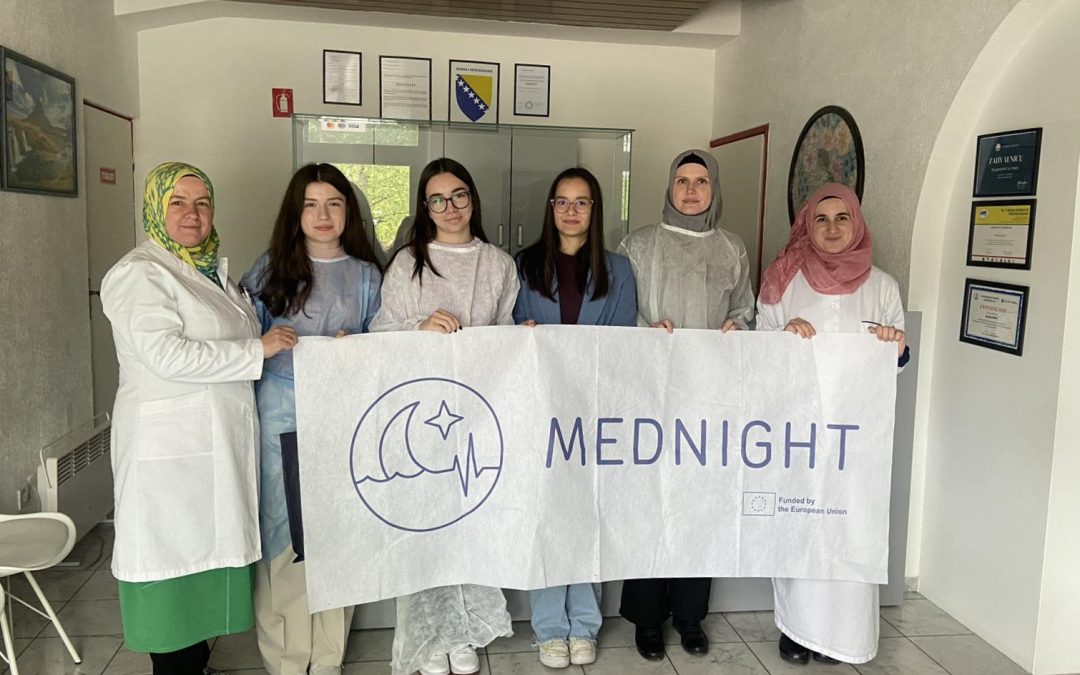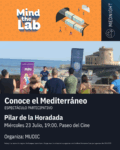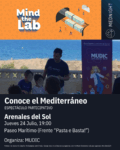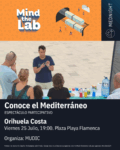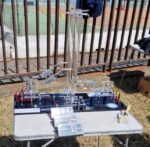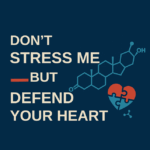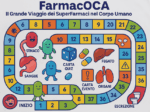On April 22nd, 2024, Laboratory Diagnostics Institute Dr. Dedić in Bihać, BiH, opened its door to a small group of curious female last graders from the oldest gymnasium in the Western Balkans area who are about to pursue their careers in life sciences. Samira Smajlović from MCAA Western Balkans Chapter and the Institute’s director spec.med.dr. Kanita Dedić hosted the visit, walked the students around the molecular and microbiology laboratories, and showed them firsthand experience of working in these fields. In this way, the students could experience a few diverse existing employment options after completing their studies. To make the life sciences careers attractive, from their closest environment, the students were shown how the whole society could benefit from their future work. Approaching the end of the visit, they have been made a part of the engaging activity with the scientific component- an educational board game where two by two teams of two people each competed against each other answering the set of questions related to molecular biology and microbiology but including day to day life examples and involving professional experiences from the Institute’s personnel. The goal of the game was to provoke critical thinking and problem-solving skills in an interactive learning environment to lay the groundwork for their future realms.






